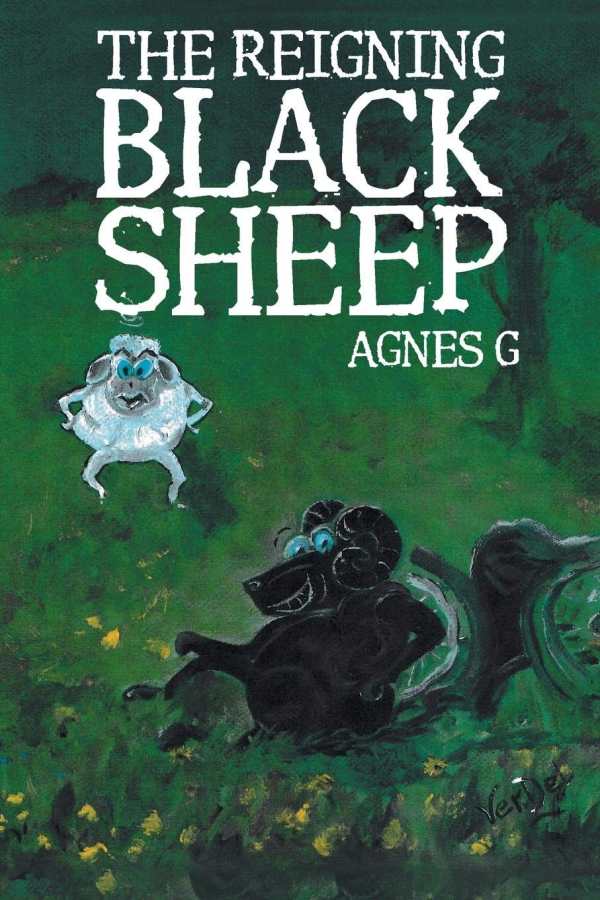It looks like you've stumbled upon a page meant to be read by our code instead of viewed directly. You're probably looking for this page.
The Reigning Black Sheep
The Reigning Black Sheep is an uplifting memoir about motherhood and caring for those with disabilities.
Agnes G’s motherhood memoir The Reigning Black Sheep details the trials and triumphs of raising a son with cerebral palsy.
Agnes G’s son, Lee, turned one before his doctors in Queensland, Australia were able to diagnose his condition. By age five he was sent to a special school and boarding house for disabled children, hours away from his home. At fifteen, Lee moved back in with his family to attend public high school, and caregivers become part of the household’s daily routine. But Lee was thrown into emergency housing because of his bad behavior in his thirties, and because of the disruption was able to achieve his a lifelong dream of independent living.
Written to convey how Lee affected those around him, the memoir indicates that, for his mother, he was a teacher, helping her to transform from a shy, uncertain girl to a purposeful mother and wife who worked to make a difference through healing practices and advocacy. For his family, Lee was the glue holding everyone together in compassion, grace, and flexibility. For his community, Lee was shown to expose doctors, teachers, and caretakers to the ever-changing treatments of disabled people. Within the text, he opens the eyes of those he meets to different ways of being.
Lee’s broad and thorough affect comes alive through stories, history lessons, and the metaphor of the black sheep—made to reference Agnes G., the grandmother who raised her, and Lee, as well, all of whom are shown going against the grain in one way or another. The metaphor is a source of strength and pride that focuses the narrative.
Its approach both personal and strident when it comes to how disabled people are treated, the book’s tone is grateful, positive, indignant, and skeptical in measure, with the flavor of an extended conversation. The text recalls Lee’s surgeries, arduous outings, outbursts, and outbursts directed at him. This style requires patience, though, as the book’s pace is halting. Short anecdotes are interspersed with analysis and commentary, and the book runs long, sharing cathartic tales that are variously funny, heartwarming, and sad.
The first half of the book alludes to Lee’s difficulties and new phases on the horizon in disability without expounding on them. The second half is stronger, recounting memories in a more succinct and chronological manner. The text works toward a happy ending, and an evocative conversation with an artist regarding the book’s creative process is self-referentially shared.
A woman who regards herself as an average housewife recalls becoming a spokeswoman for people with disabilities in her uplifting memoir, The Reigning Black Sheep.
Reviewed by
Mari Carlson
Disclosure: This article is not an endorsement, but a review. The publisher of this book provided free copies of the book and paid a small fee to have their book reviewed by a professional reviewer. Foreword Reviews and Clarion Reviews make no guarantee that the publisher will receive a positive review. Foreword Magazine, Inc. is disclosing this in accordance with the Federal Trade Commission’s 16 CFR, Part 255.
